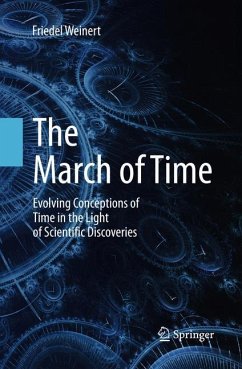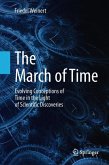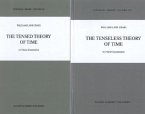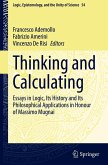The aim of this interdisciplinary study is to reconstruct the evolution of our changing conceptions of time in the light of scientific discoveries. It will adopt a new perspective and organize the material around three central themes, which run through our history of time reckoning: cosmology and regularity; stasis and flux; symmetry and asymmetry. It is the physical criteria that humans choose - relativistic effects and time-symmetric equations or dynamic-kinematic effects and asymmetric conditions - that establish our views on the nature of time. This book will defend a dynamic rather than a static view of time.
From the reviews:
"This book is a historical and scientific argument against the popular view held among physicists that time is not real. Weinert (Univ. of Bradford, UK) considers the arguments based on cosmology, stasis, and symmetry, and does an excellent job of showing that the conclusion of the existence of an atemporal world is not decisive. ... Anyone interested in the philosophy or physics of time would enjoy March of Time. Summing Up: Highly recommended. Upper-division undergraduates and above; informed general readers." (E. Kincanon, Choice, Vol. 51 (2), October, 2013)
"This book is a historical and scientific argument against the popular view held among physicists that time is not real. Weinert (Univ. of Bradford, UK) considers the arguments based on cosmology, stasis, and symmetry, and does an excellent job of showing that the conclusion of the existence of an atemporal world is not decisive. ... Anyone interested in the philosophy or physics of time would enjoy March of Time. Summing Up: Highly recommended. Upper-division undergraduates and above; informed general readers." (E. Kincanon, Choice, Vol. 51 (2), October, 2013)








